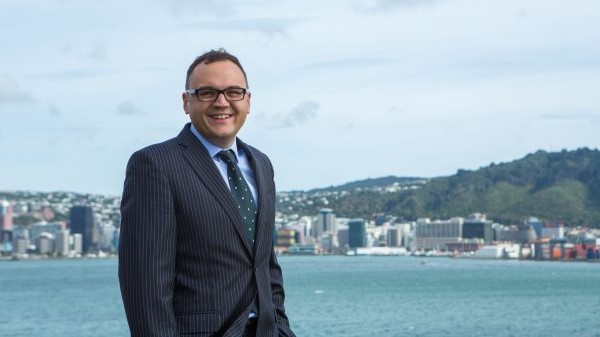Government policy change welcome, but plenty of challenges ahead – Transporting NZ

The government policy bonfire announcement this week has been fascinating (and somewhat pleasing) to watch. New prime minister Chris Hipkins has indicated that he has reprioritised policies for the transport sector. I’m positive about what I have heard so far but, as they say, the proof of the pudding is in the eating.
While Transporting New Zealand supports emissions reduction and has introduced the Green Compact for road transport, we don’t think some of the government’s previous so-called climate action policies were the best ways to reduce emissions or increase sustainability. Canning the clean car scheme is going to save half a billion dollars a year. We are supportive of the clean car upgrade not being continued, because that really was just a subsidy for wealthy people to buy EVs.
The prime minister has indicated that speed reductions will now apply to just 1 per cent of the most dangerous highways – by our calculations, about 100km. Transporting New Zealand has been arguing strongly against blanket speed reductions that have been proposed by the government. So we regard that as a real win.
And while we support good public transport, we don’t think that light rail is the way to go because it is expensive and very fixed in terms of the routes it uses. We think some kind of bus priority for cities is better at this point. So again, we believe the government’s decision was the right move.
Will the government continue the RUC discount, the FED discount, and half-price public transport when it expires on June 30? Yes, probably. But we do have to keep the pressure on. We know we’ve got to build resilience into our infrastructure far more. Roads have been pretty dire with decades of underinvestment. Last year, the government put about $400 million into the operating budget last year to repair roads, but for that to make a difference in real terms that additional money will have to go in every year.
We’ve got to ensure that Waka Kotahi and the contracting firms that maintain the roads actually have the ability to deliver additionally funded work.
The Cook Strait is also part of State Highway 1. Seemingly constant breakdowns and failures have frustrated road transport companies and travellers alike who rely on the service. The current ferries are old and are breaking down, and it’s hard to get labour and materials to fix them. Although New Zealand has several hundred million dollars of new ferries on order, the time between now and delivery is too long to accept ongoing delays and failures. We need to see a plan.
And while we need to ensure that Kiwirail gets the message from us that we need reliable bookings, we really need good communication about when changes do occur with ferry sailings. There’s a good understanding within the industry about what is going on; people want notice – they want to be communicated with in plenty of time so they can make alternative arrangements to move freight across the Strait.
This is a problem that is going to continue for at least the next few years. As the principal shareholder, the government holds shares on behalf of New Zealanders in Kiwirail. We have written to Transport Minister Michael Wood calling for a plan so that there are some assurances around how these challenges are being dealt with to minimise the disruption to road transport, and across the Cook Strait.
– Nick Leggett, chief executive at Ia Ara Aotearoa Transporting New Zealand





